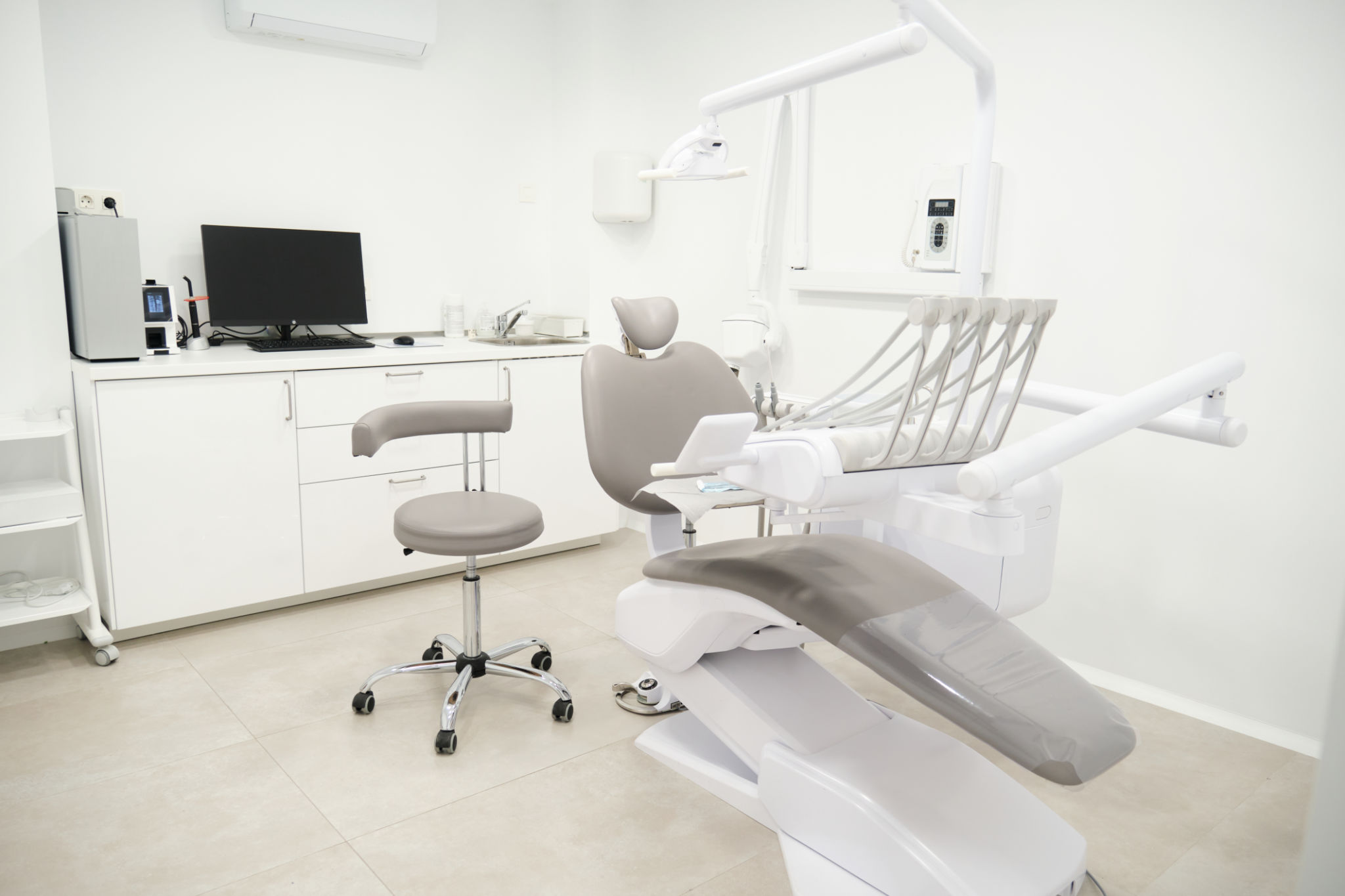Common Dental Myths Debunked: What You Really Need to Know
Myth 1: Brushing Harder Cleans Better
Many people believe that applying more pressure while brushing will result in cleaner teeth. However, this is a misconception. Brushing too hard can damage your enamel and irritate your gums, leading to sensitivity and gum recession. Instead, use a soft-bristled toothbrush and gentle circular motions to effectively remove plaque without harming your teeth and gums.
It's also important to replace your toothbrush every three months or sooner if the bristles become frayed. A worn-out toothbrush is less effective at cleaning your teeth properly.

Myth 2: Sugar is the Only Cause of Cavities
While sugar does play a significant role in cavity formation, it's not the only culprit. Cavities are caused by acid-producing bacteria that thrive on carbohydrates, which include not just sugar but also bread, pasta, and even fruit. These bacteria break down these foods into acids that erode tooth enamel.
To prevent cavities, maintain good oral hygiene by brushing twice a day and flossing daily. Additionally, limit your intake of sugary and starchy foods and consider using a fluoride toothpaste to strengthen your enamel.
Myth 3: You Don’t Need to See a Dentist if Your Teeth Feel Fine
Regular dental check-ups are crucial even if you don't experience any pain or discomfort. Many dental issues, such as cavities and gum disease, can develop without noticeable symptoms in their early stages. By the time you feel pain, the condition may have progressed significantly.

Seeing your dentist every six months allows them to catch potential problems early and provide preventive care. This can save you from more extensive and expensive treatments down the line.
Myth 4: Whitening Damages Your Teeth
Some people avoid teeth whitening treatments due to fears of enamel damage. However, professional whitening performed by a dentist is safe and effective when done correctly. Over-the-counter products can also be safe, but it's important to follow the instructions carefully.
If you experience sensitivity after whitening, it is usually temporary. Your dentist can recommend products to help reduce this sensitivity during the whitening process.

Myth 5: Flossing Isn’t Necessary
Flossing is an essential part of oral hygiene that many people overlook. Brushing alone cannot reach all the spaces between your teeth, where plaque and food particles can accumulate. Flossing helps remove debris from these areas, reducing the risk of cavities and gum disease.
If traditional floss is difficult for you to use, consider alternatives like floss picks or water flossers. These tools can make flossing easier and more effective.
- Use a soft-bristled toothbrush
- Consider fluoride toothpaste
- Visit your dentist regularly
- Explore flossing alternatives if needed
By debunking these common myths, you can take better care of your teeth and maintain a healthy smile. Remember, when in doubt, always consult with your dentist for professional advice tailored to your specific needs.
